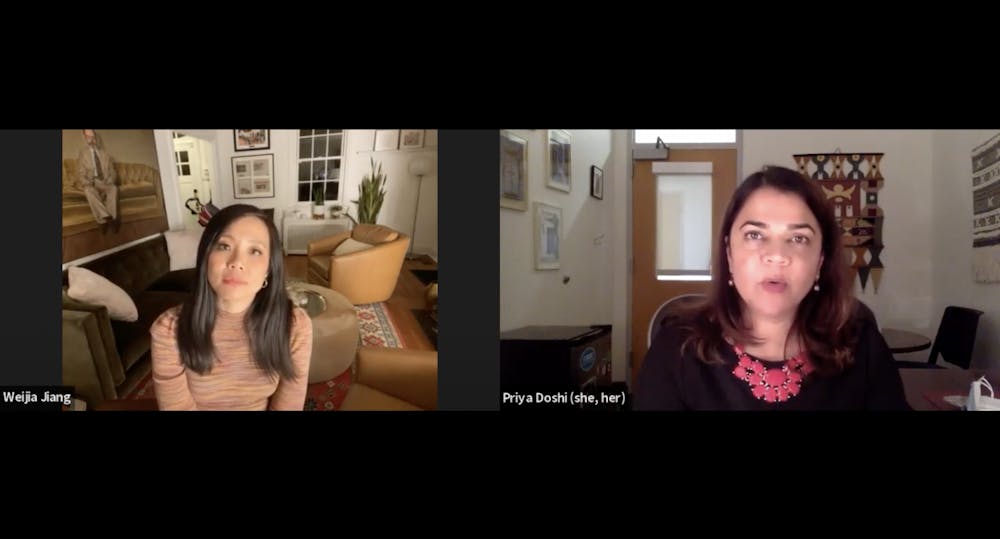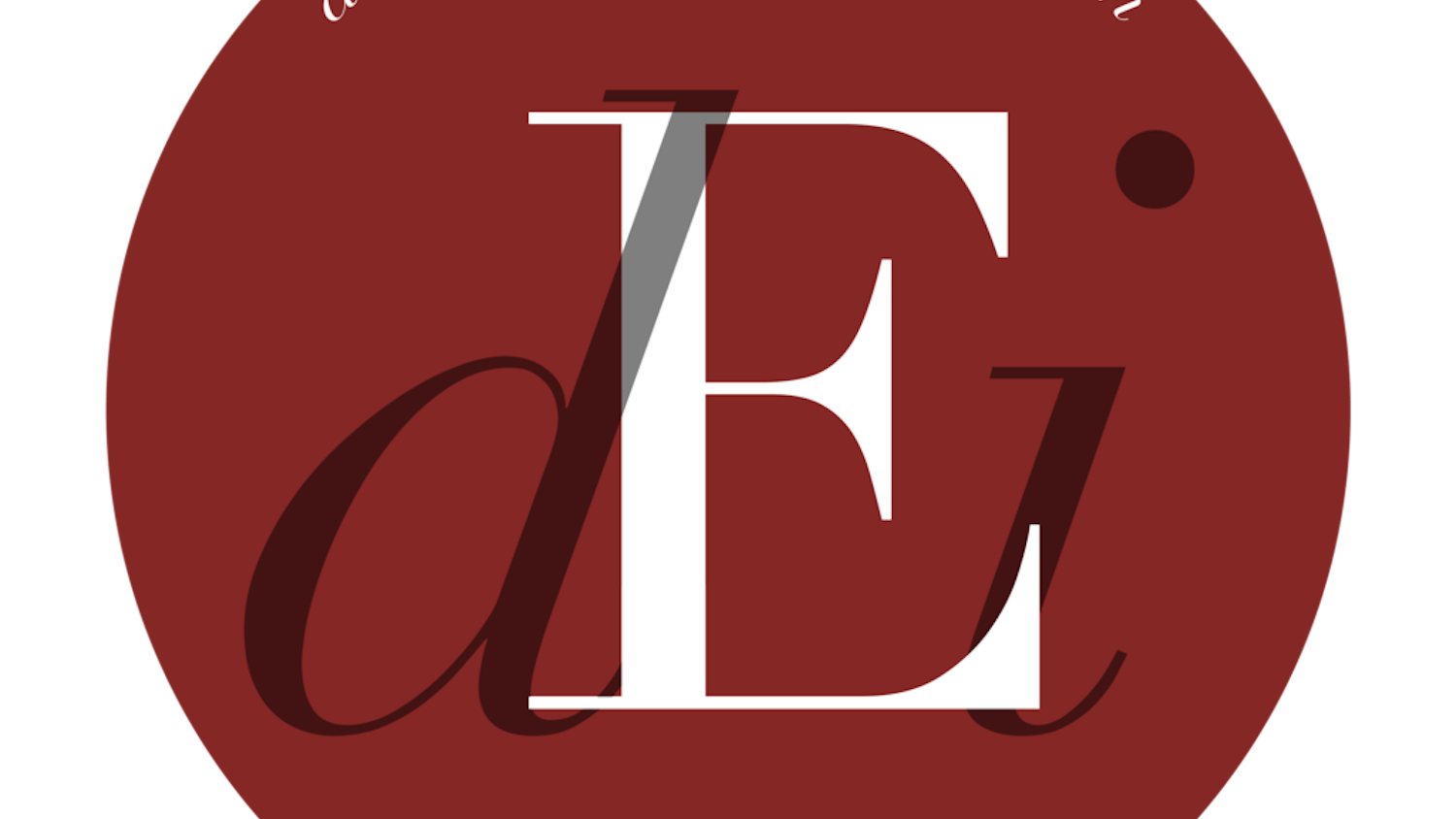CBS Senior White House Correspondent Weijia Jiang spoke about her experience covering presidential administrations and the recent attacks on the Asian American and Pacific Islander community during a virtual event at American University on Nov. 11.
The event, hosted by the Kennedy Political Union and the School of Communication, was moderated by SOC professor and inclusion officer Priya Doshi.
Jiang discussed the balance to maintain objectivity in covering recent attacks to the Asian American and Pacific Islander community, such as the Atlanta spa shootings in March 2021. Jiang said her identity as an Asian American woman gave her a beneficial perspective of the story.
“I am a journalist reporting on these stories, again, I think being Asian American allows me to ask different questions to really connect with victims, for example, in a different way,” Jiang said.
In addition to covering these events, Jiang has covered two presidential administrations since becoming a White House correspondent in July 2018.
She noted the difference in the use of Twitter by former President Donald Trump and President Joe Biden and how that impacted reporting on the former administration.
“I think the chaos and not knowing what was next really made it challenging because for four years we were glued to our phones and glued to social media,” Jiang said.
Jiang had multiple confrontations with Trump during press briefings in 2020 during the height of the coronavirus pandemic, some of which made the news. In one instance, Trump ended a briefing after Jiang asked why it mattered if the U.S. was testing better than any other country if people were still dying, which he deflected by telling her to ask China.
Jiang said she understands that these clashes with the former president were a tactic to deflect hard questions.
“I think a lot of the tone and the words spoken against journalists in the previous administration were also meant to be a distraction and a distraction from the real events, the real policy decisions and headlines,” Jiang said.
Jiang also reflected on her time before the White House, when she worked as a general assignment reporter for WCBS-TV New York.
In covering high-profile events, such as the Sandy Hook Elementary School shooting, the Boston Marathon bombing and Hurricane Sandy, Jiang said her ability to empathize with the individuals she was reporting on made her a stronger journalist.
“Sometimes we are afraid to show that we have empathy and to show that we are humans,” Jiang said. “And you have to be able to do that because otherwise you’re not really going to represent the person who is willing to open themselves up to you.”
In an interview before the event, Jiang spoke about diversity in the journalism field. She said that diversity is about more than meeting quotas; rather, diversity in the newsroom can bring a wide range of perspectives to help create a better story.
“When you have a newsroom and when you have a table that is diverse with people who come from all different places, who are different races, who are different genders, who identify differently from each other, then you can look at one story at the center and decide what is the best way to tackle it,” Jiang said.
Jiang ended the seminar by advising future journalists, stressing the importance of building a network and finding a mentor.
“When you really feel passionate about something, my advice is to go for it,” Jiang said. “It’s gonna be difficult and the road is gonna be windy, but it’s worth it because you get to do what you love at the end of the day.”





